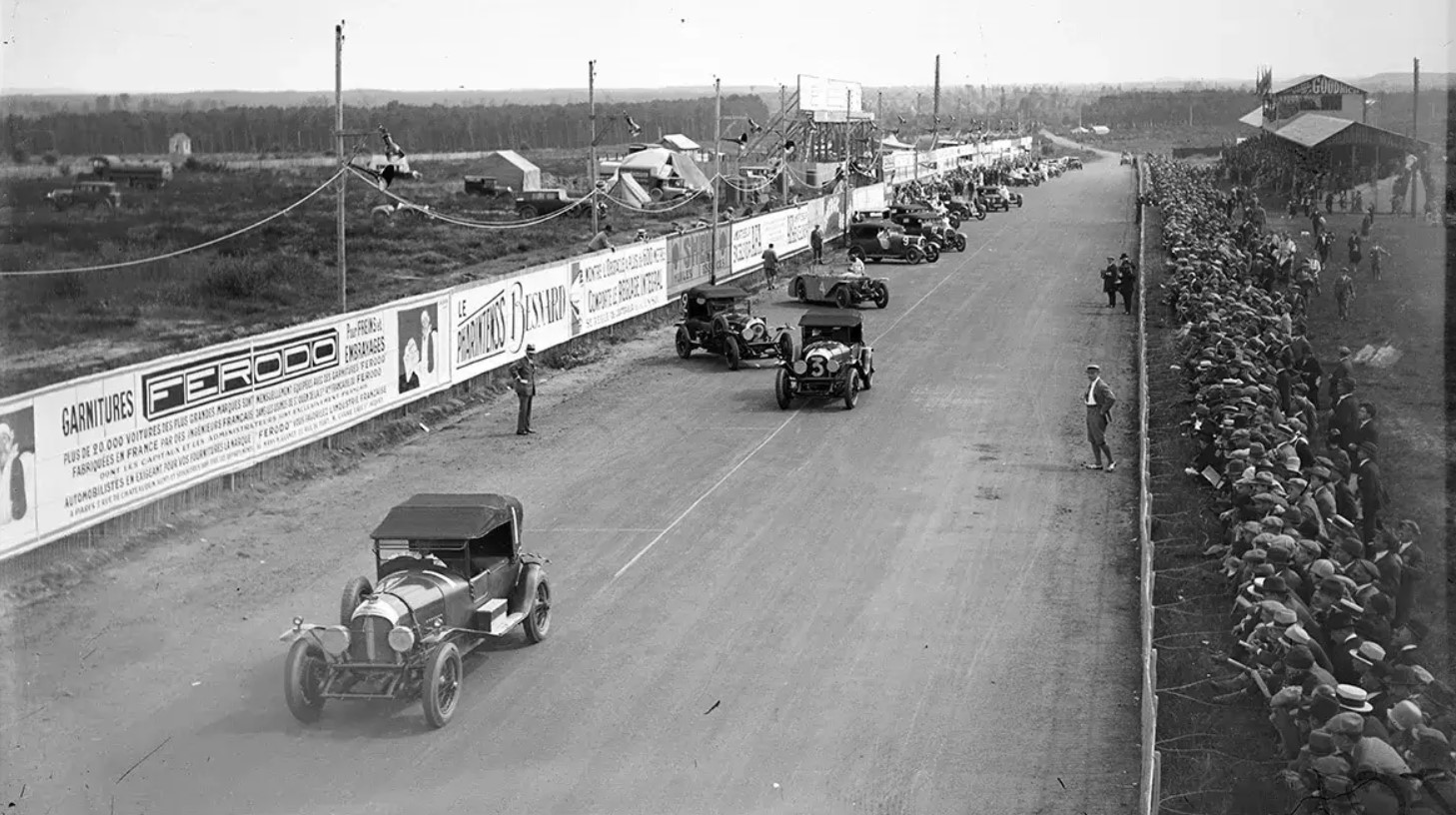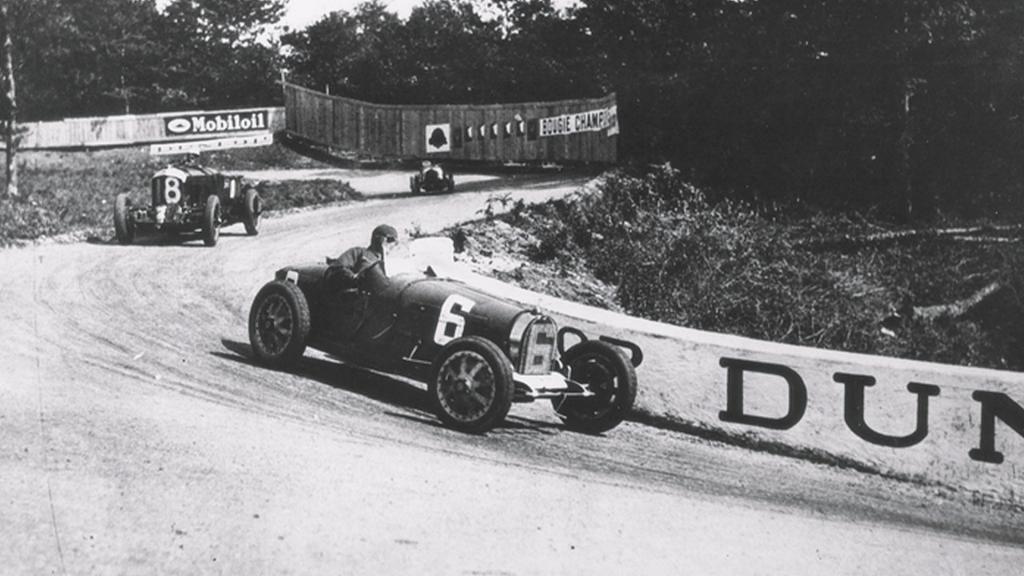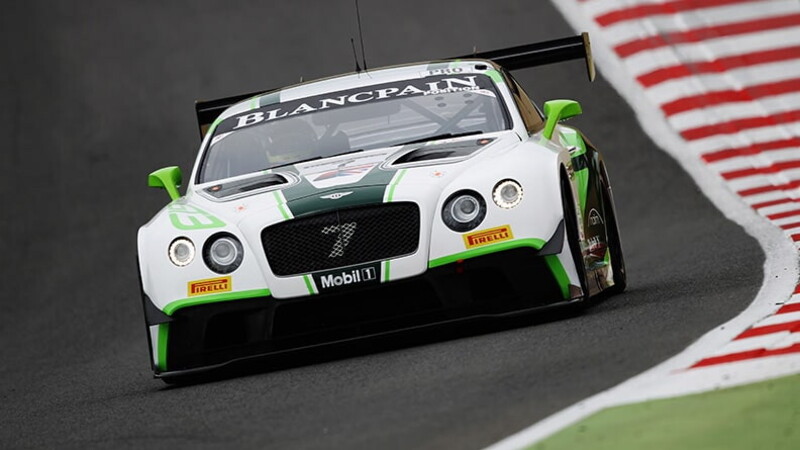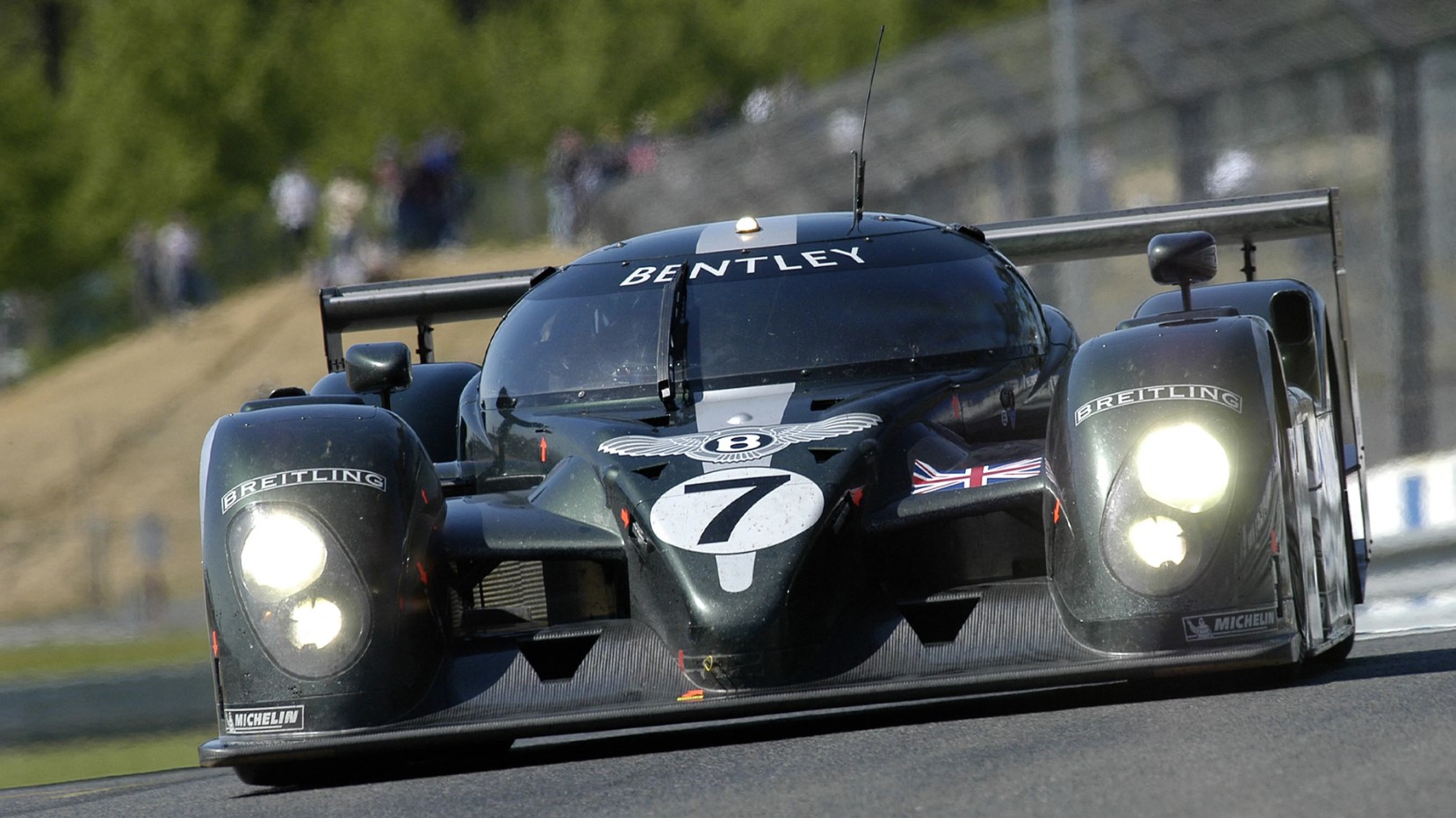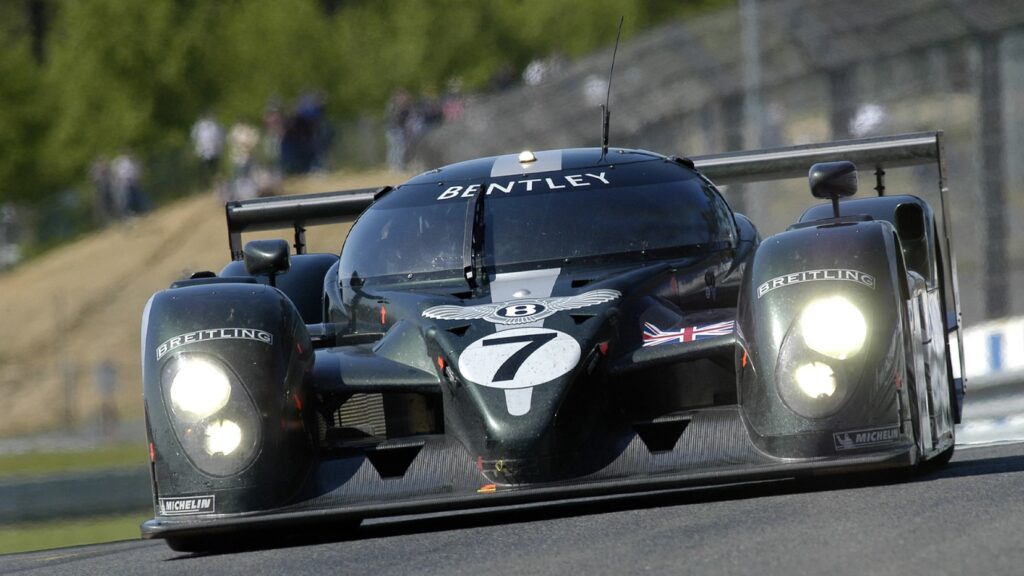Bentley


Bentley
Founded
1915
Founders
H. M. Bentley, W. O. Bentley
Country
United Kingdom
Headquarters
Crewe, England


Bentley
Founded
1915
Founders
H. M. Bentley, W. O. Bentley
Country
United Kingdom
Headquarters
Crewe, England
About this brand
Discover the history
Bentley Motors, a name synonymous with luxury and performance, was founded by Walter Owen (W.O.) Bentley in 1919 in Cricklewood, North London. W.O. Bentley’s vision was to build “a fast car, a good car, the best in its class.” This ambition quickly translated into reality with the creation of the first Bentley 3 Litre, which debuted in 1919 and entered production in 1921. The car was renowned for its durability and performance, embodying the brand’s ethos from the very beginning.
Bentley’s early success was fueled by its remarkable achievements in motorsport, particularly at the 24 Hours of Le Mans. The brand’s dominance at Le Mans in the 1920s is legendary, with Bentley winning the prestigious race five times between 1924 and 1930. These victories were largely attributed to the “Bentley Boys,” a group of wealthy British motorists who were passionate about racing. Drivers like Woolf Barnato, Sir Henry “Tim” Birkin, and John Duff became synonymous with Bentley’s racing prowess. The Bentley Speed Six, one of the most iconic models from this era, played a significant role in securing these victories.
Despite its racing success, Bentley faced financial difficulties during the Great Depression, leading to the company’s acquisition by Rolls-Royce in 1931. Under Rolls-Royce’s stewardship, Bentley shifted focus from racing to luxury, producing models that combined performance with unparalleled refinement. The Derby Bentleys of the 1930s, such as the 3½ Litre and 4¼ Litre, were celebrated for their smooth ride and sophisticated design, earning the nickname “The Silent Sports Car.”
The post-war era saw the introduction of the Bentley Mark VI in 1946, the first car built entirely at Rolls-Royce’s Crewe factory. This model marked the beginning of a new chapter for Bentley, emphasizing craftsmanship and luxury. Throughout the 1950s and 1960s, Bentley continued to produce elegant grand tourers, with models like the Bentley R-Type Continental, which was the fastest four-seat car in the world at its launch.
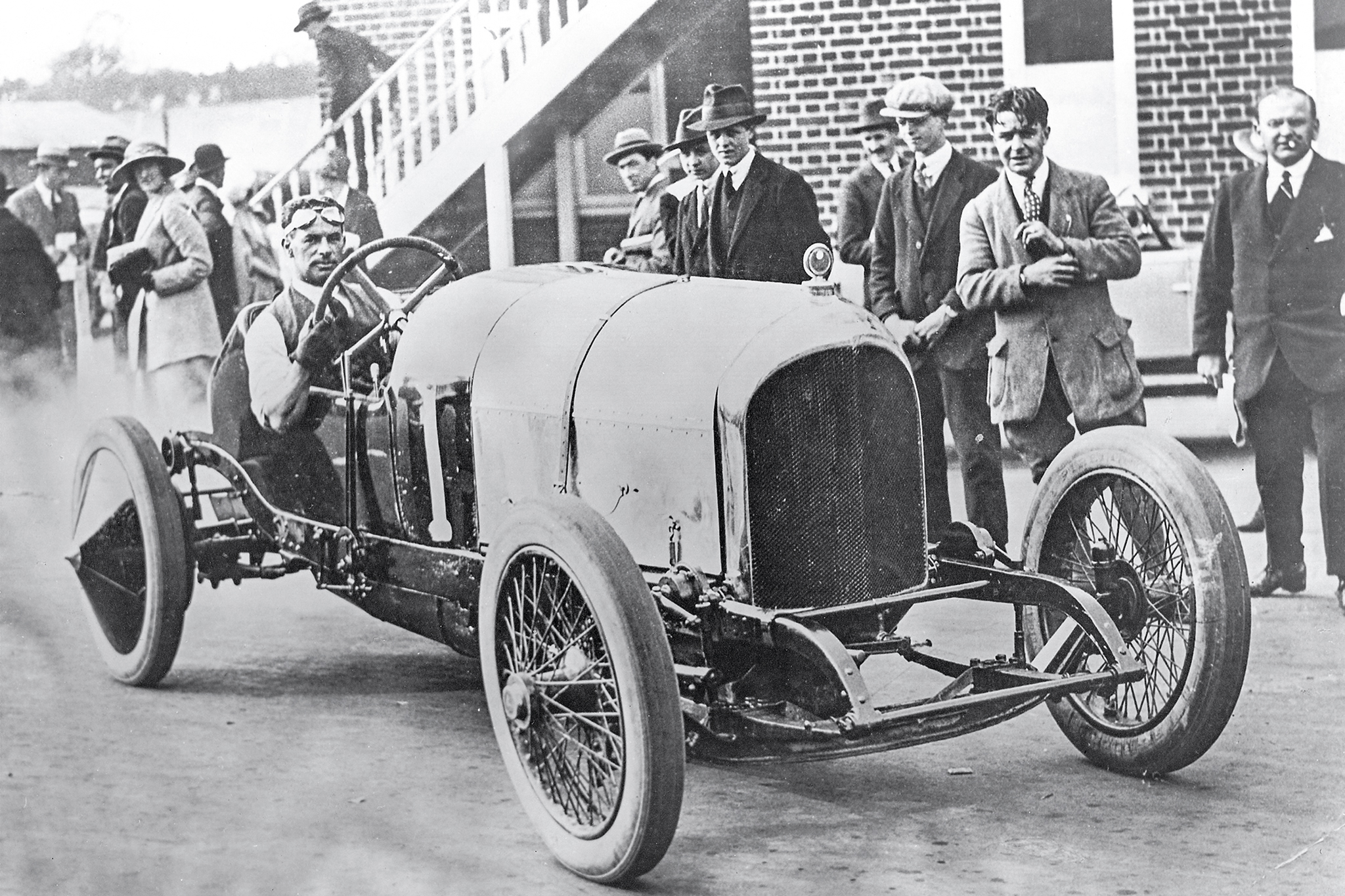
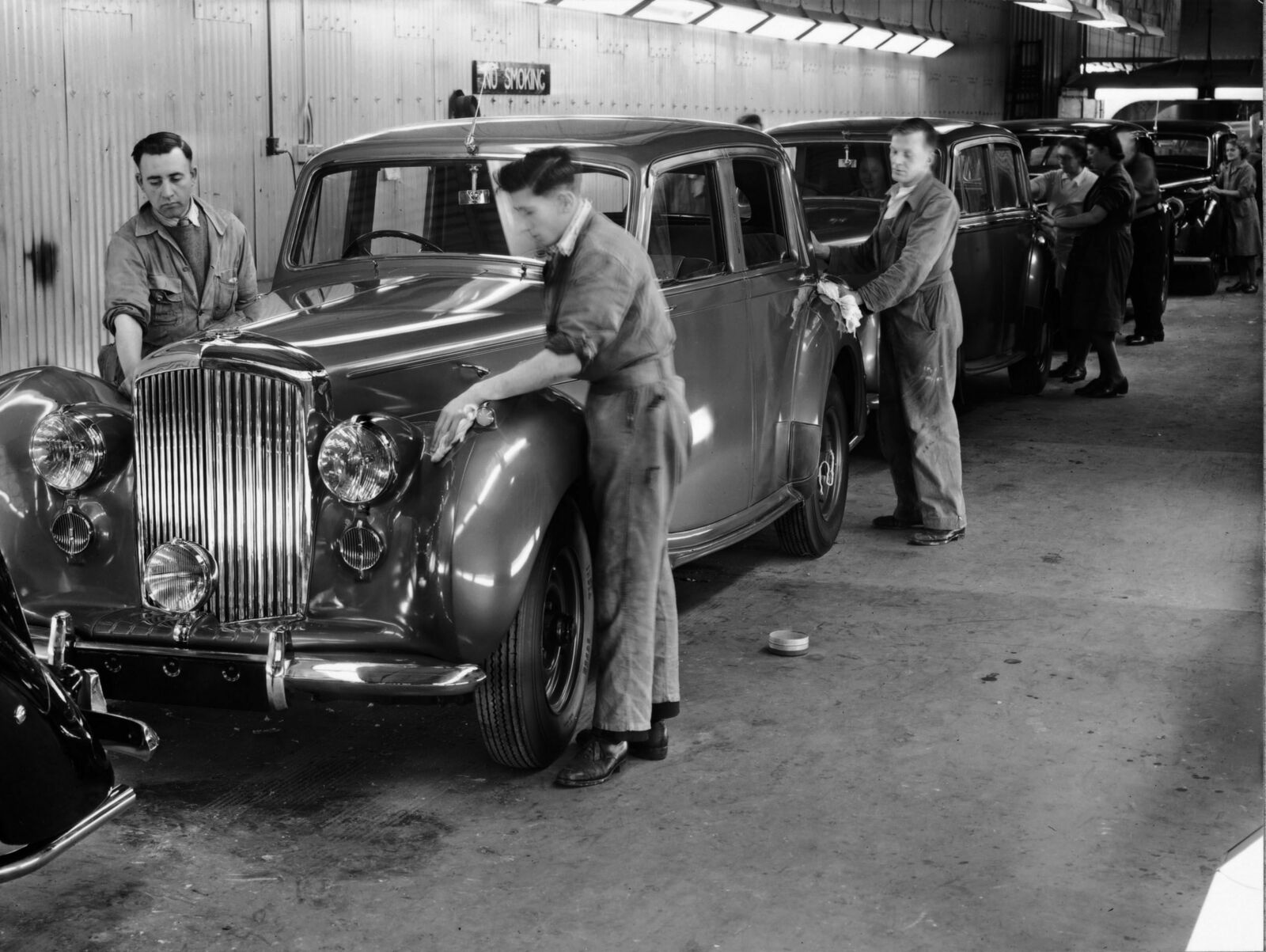
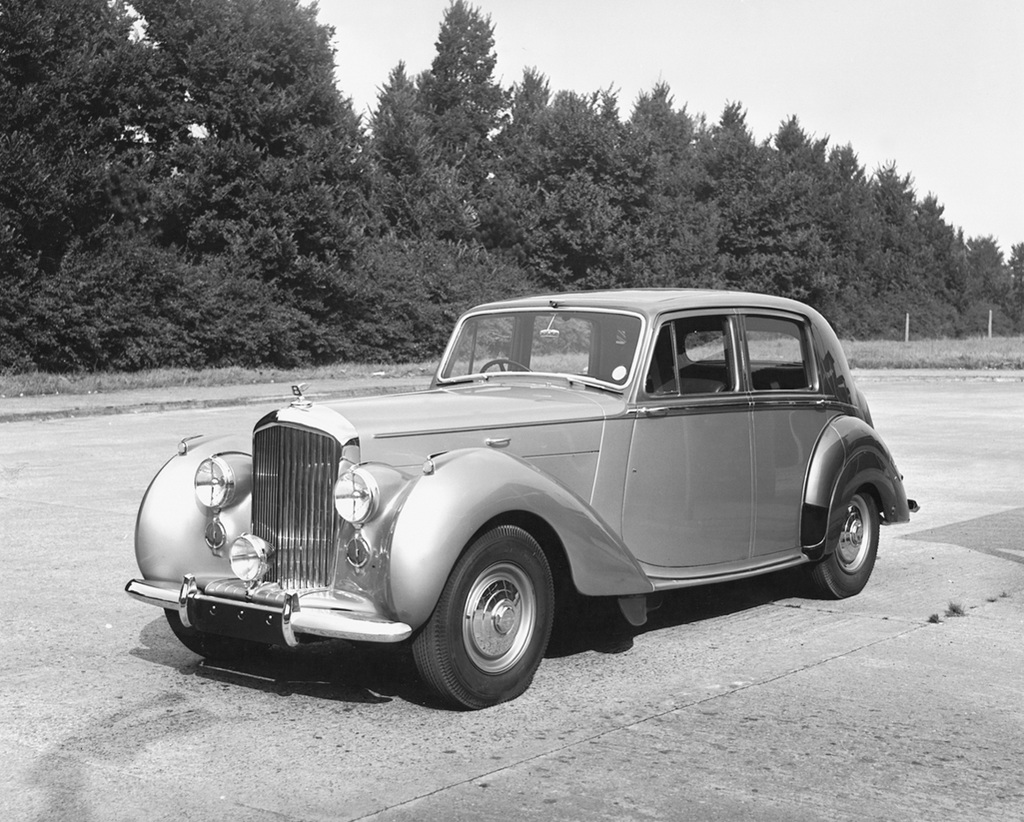
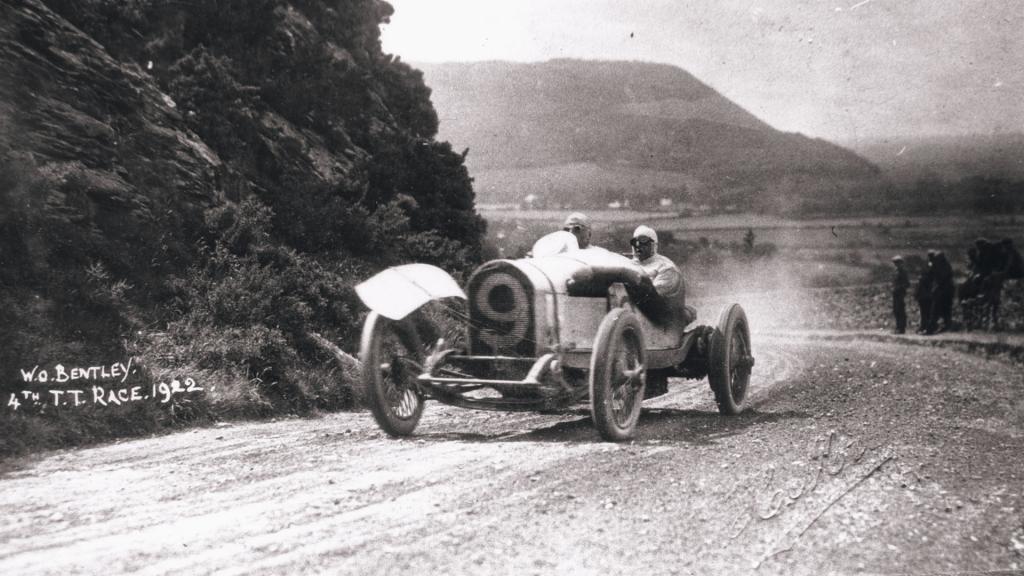
The 1980s and 1990s brought renewed focus on performance, starting with the Bentley Mulsanne Turbo in 1982. This model reintroduced Bentley to the world of high-performance luxury cars, blending the brand’s traditional craftsmanship with modern engineering. The success of the Mulsanne Turbo paved the way for subsequent models like the Bentley Turbo R, which further solidified Bentley’s reputation for producing powerful yet luxurious vehicles.
Bentley’s return to motorsport came in the early 2000s with the introduction of the Bentley Speed 8, which competed in the 24 Hours of Le Mans. In 2003, Bentley secured a historic victory at Le Mans, their first since 1930, demonstrating that the brand’s racing heritage was still very much alive. This victory was a testament to Bentley’s engineering excellence and commitment to performance.
In 1998, Bentley was acquired by the Volkswagen Group, leading to significant investment and expansion. The launch of the Bentley Continental GT in 2003 marked a new era for the brand, combining advanced technology with traditional luxury. The Continental GT became a global success, helping to rejuvenate Bentley’s image and expand its market presence.
Today, Bentley continues to innovate with models like the Bentayga, the brand’s first SUV, and the third-generation Continental GT. Bentley’s commitment to sustainability is also evident, with a focus on electrification and the development of hybrid and electric models.
Bentley’s rich history is characterized by its blend of luxury, performance, and motorsport success. From its early racing triumphs to its modern-day innovations, Bentley remains a symbol of British automotive excellence, celebrated for its timeless design, engineering prowess, and commitment to craftsmanship.
